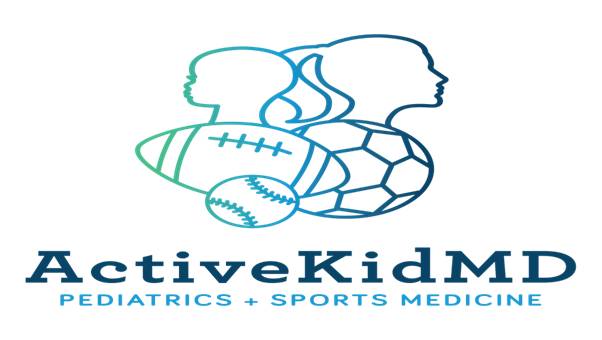Teenagers Not Designed as Early Birds: How to Combat Adolescent Sleep Deprivation
Are you a well-meaning coach trying to get the most out of your athletes during early morning training sessions? Somewhat frustrated that everyone seems a step slow or out of sorts during zero period? While "morning people" are a dime a dozen in the adult world, doesn't it seem that finding teenagers raring to go at 0600 is like the proverbial needle in a haystack?
According to a timely American Academy of Pediatrics (AAP) policy statement on School Start Times for Adolescents this type of behavior is not just an irritating by-product of teenage rebellion and striving for independence, but is a consequence of age-related delays in release of melatonin (hormone that influences sleep onset) and a slower drive to fall asleep compared with non-adolescents.
So yes, teenagers are biologically designed to have their own (circadian) rhythms and if they truly ran the world (instead of thinking that they do) they would select later school start times around the order of 8:30 if not later. This does often conflict with the usual norms of the adult-oriented world (such as parents having to be at work by 9 AM) and the realities of limited access to pools and court space along with trying to fit in another activity into already tight class schedules.
The ultimate goal according to the AAP and its review of the scientific literature would be to provide a consistent 8.5-9.5 hours of sleep per night and reduce the consequences of cumulative sleep deprivation:
- as has been outlined in this blog before, sleep deprivation may contribute to increased injury risk and decreased athletic and academic performance
- sleep deprivation may cause or modulate acute and chronic pain responses
- sleep deprivation may decrease overall immunity and increase risk of infection or illness
- chronic sleep loss may increase risk of obesity and diabetes
How do we best respond to these sleep deprivation concerns?
First of all, don't think that teenagers shouldn't get off without taking some responsibility for their less than impressive sleep statistics, as they often do not do themselves any favors with poor sleep initiation behaviors such as late night caffeine use, using electronics and media right before bedtime, and having access to television in bedrooms. Modifying some of these habits definitely could should be a high priority for parents, coaches, and educators with emphasis on the importance of sleep in post-activity recovery, preparation for next day activity, and especially the impact of insufficient sleep in mood and academic focus:
While giving appropriate counsel to sleep hygiene behaviors, there are certain nutritional recommendations that may also increase the quality of sleep initiation and maintenance according to an article conveniently published just before the AAP article:
- High Glycemic Index foods such as white rice, pasta, bread, and potatoes may promote sleep; however, they should be consumed more than 1 hour before bedtime.
- Diets high in carbohydrate may result in shorter sleep latencies.
- Diets high in protein may result in improved sleep quality.
- Diets high in fat may negatively influence total sleep time.
- When total caloric intake is decreased, sleep quality may be disturbed.
- Small doses of tryptophan (1 gram) may improve both sleep latency and sleep quality. This can be achieved by consuming approximately 300 grams of turkey or approximately 200 grams of pumpkin seeds.
- The hormone melatonin and foods that have a high melatonin concentration may decrease sleep onset time.
Finally, those of schedule-making adults might want to take a hard and scientific look at the utility of early-morning activities designed for adolescents. While the decision for later school starts may not be part of your pay grade, carefully weighing the risks and benefits of zero period weight training sessions or other before school activities in favor of more after school activities may actually increase athletic and academic performance in this age group. Delaying the start of afternoon training or competition sessions to allow for that brief nap (again, under an hour) may also enhance overall performance and mood of the team or group.
Do these sound like sensible and realistic recommendations to address sleep issues in adolescents?

